Pomeranian
Showing all 6 results
iHeartDogs is Your #1 Source for Pomeranian Lover Gifts – Pomeranian Shirts, Pomeranian Sweatshirts, Pomeranian Mugs, Pomeranian Jewelry, Pomeranian Memorial Products & More!
Each Purchase Helps Provides Donated Food to Shelter Dogs!
Since 2013, iHeartDogs has supported rescues and shelters through each purchase in our Pomeranian gifts store. Shop pomeranian t-shirts for him, pomeranian shirts for her, pomeranian mugs, pomeranian hoodies & sweaters, pomeranian jewelry, and pomeranian pet memorial gifts.
In our iHeartDogs Dog Health Supplements store, you’ll find Hip & joint supplements for your pomeranian, pomeranian probiotics, CBD for pomeranians, pomeranian allergy supplements & fish oil, and pomeranian dental chews & cleaners.
With the cost of veterinarian care skyrocketing, make sure you compare pet insurance plans for your pomeranian. In recent years, many new pet insurance companies have entered the market and pet insurance for your pomeranian has become more affordable.
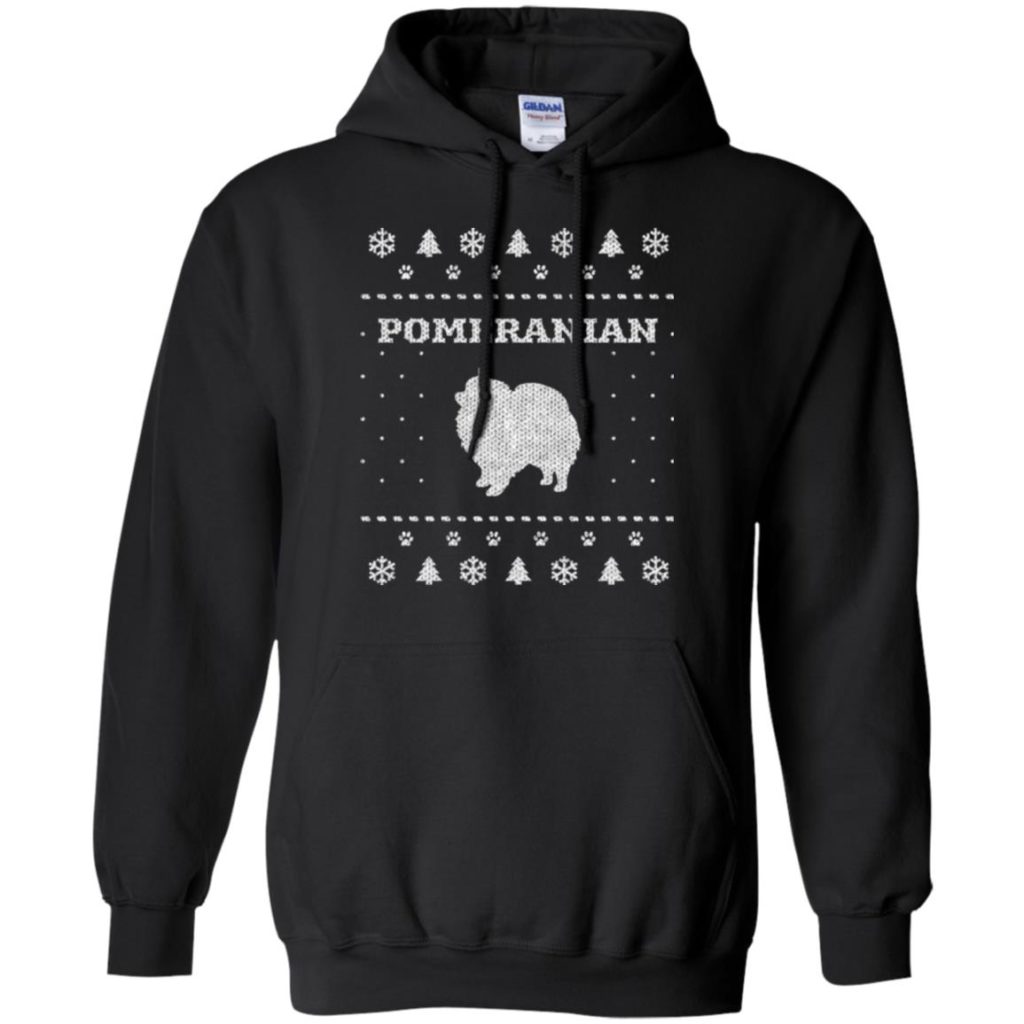

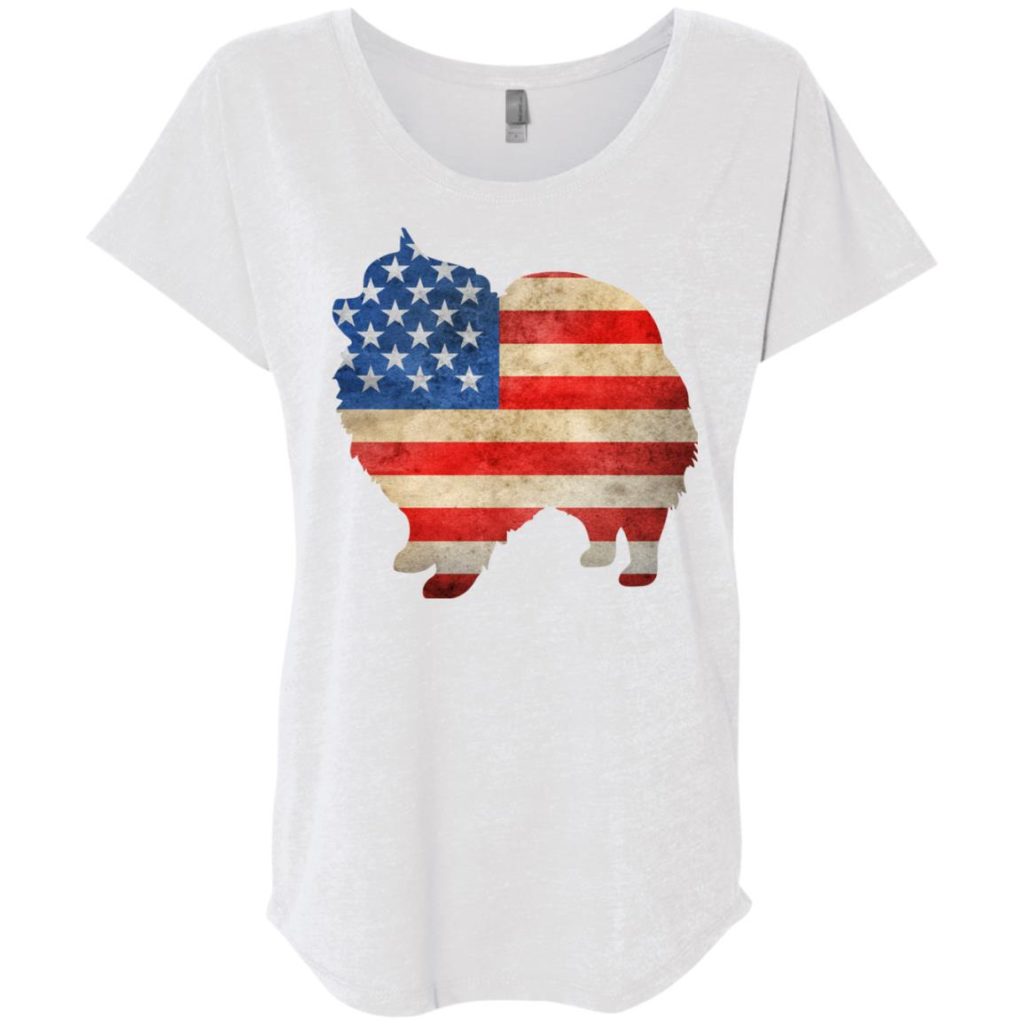
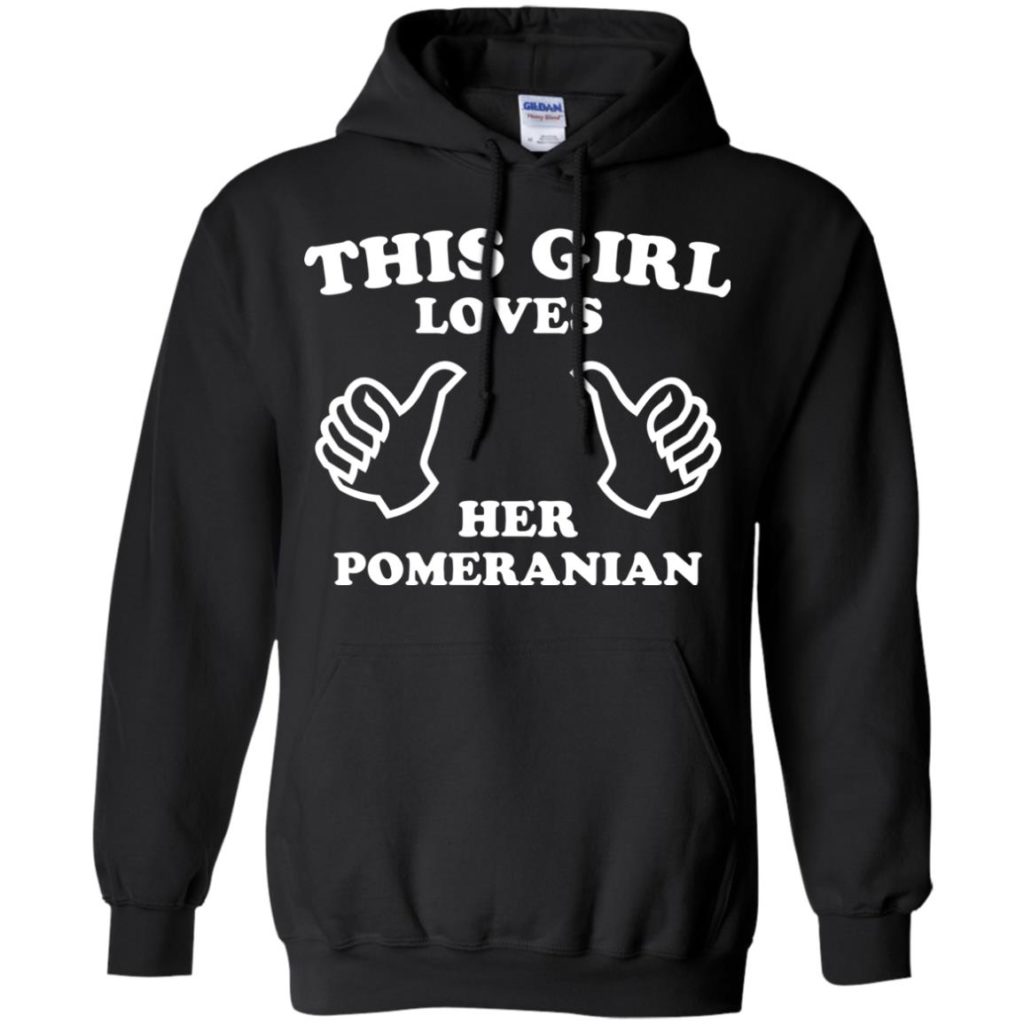
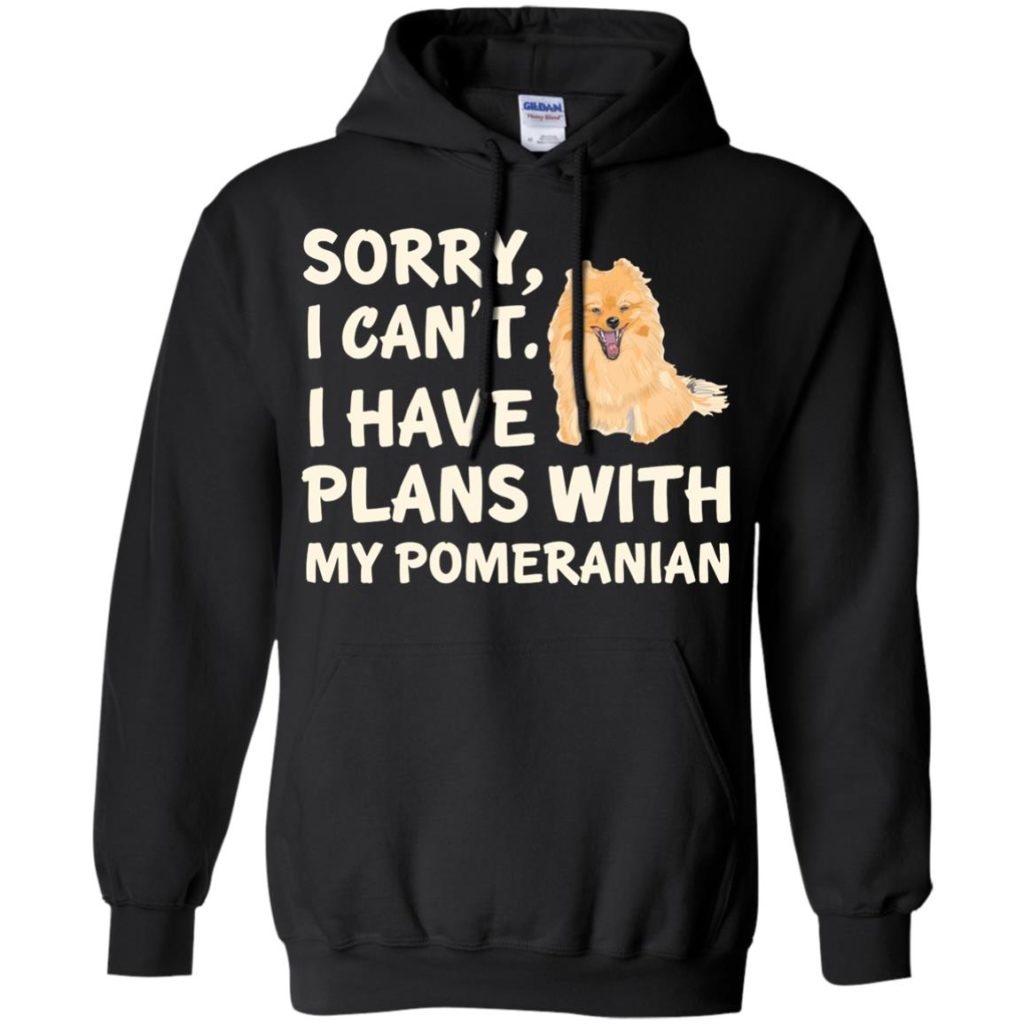
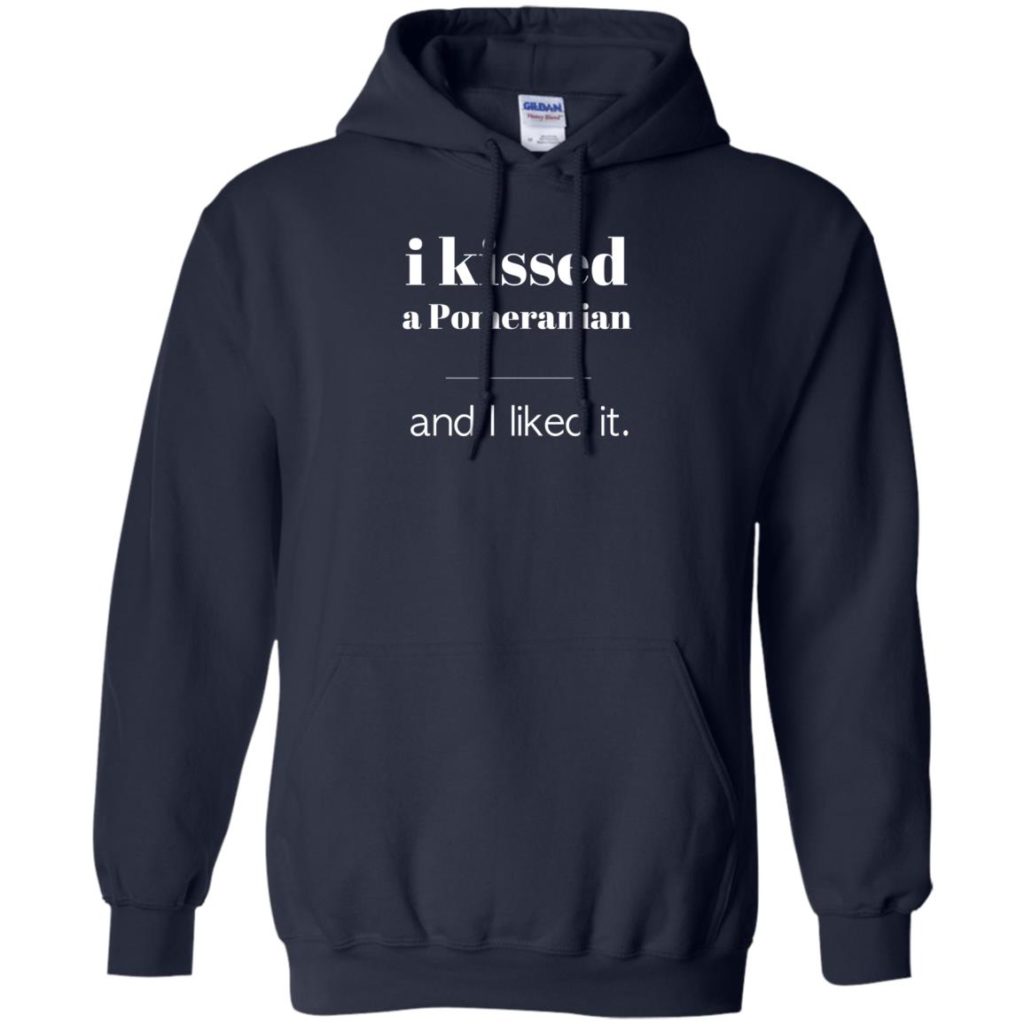

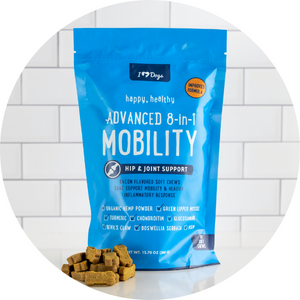
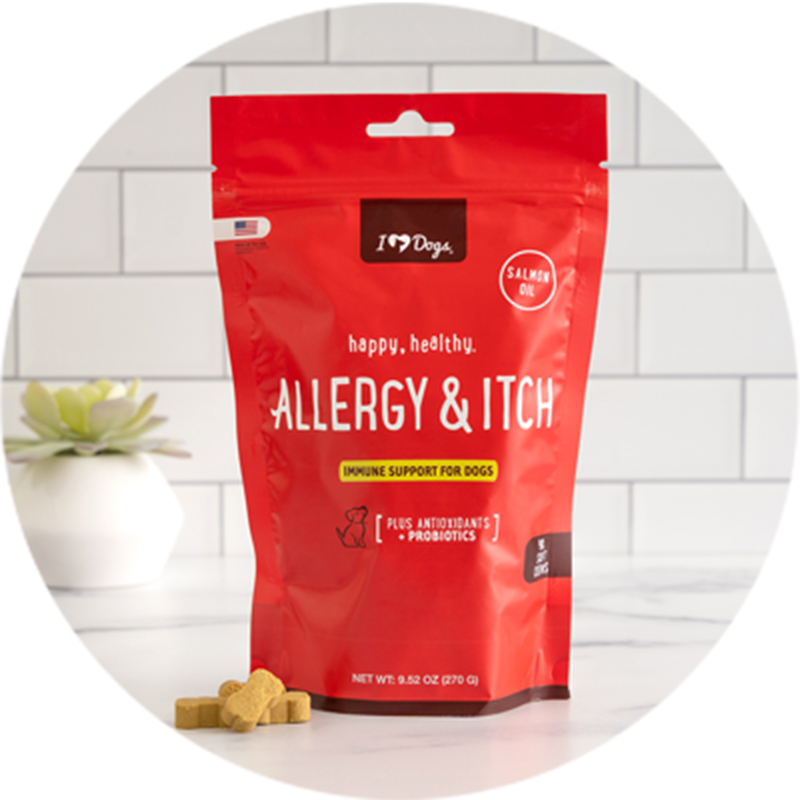
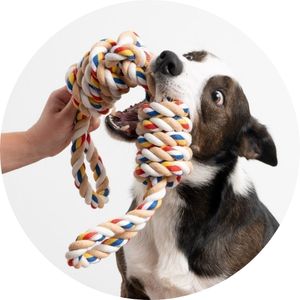
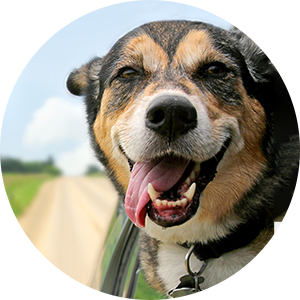
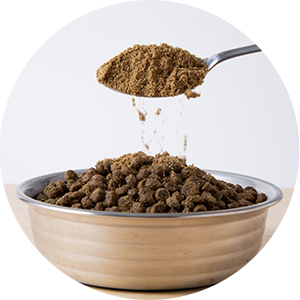


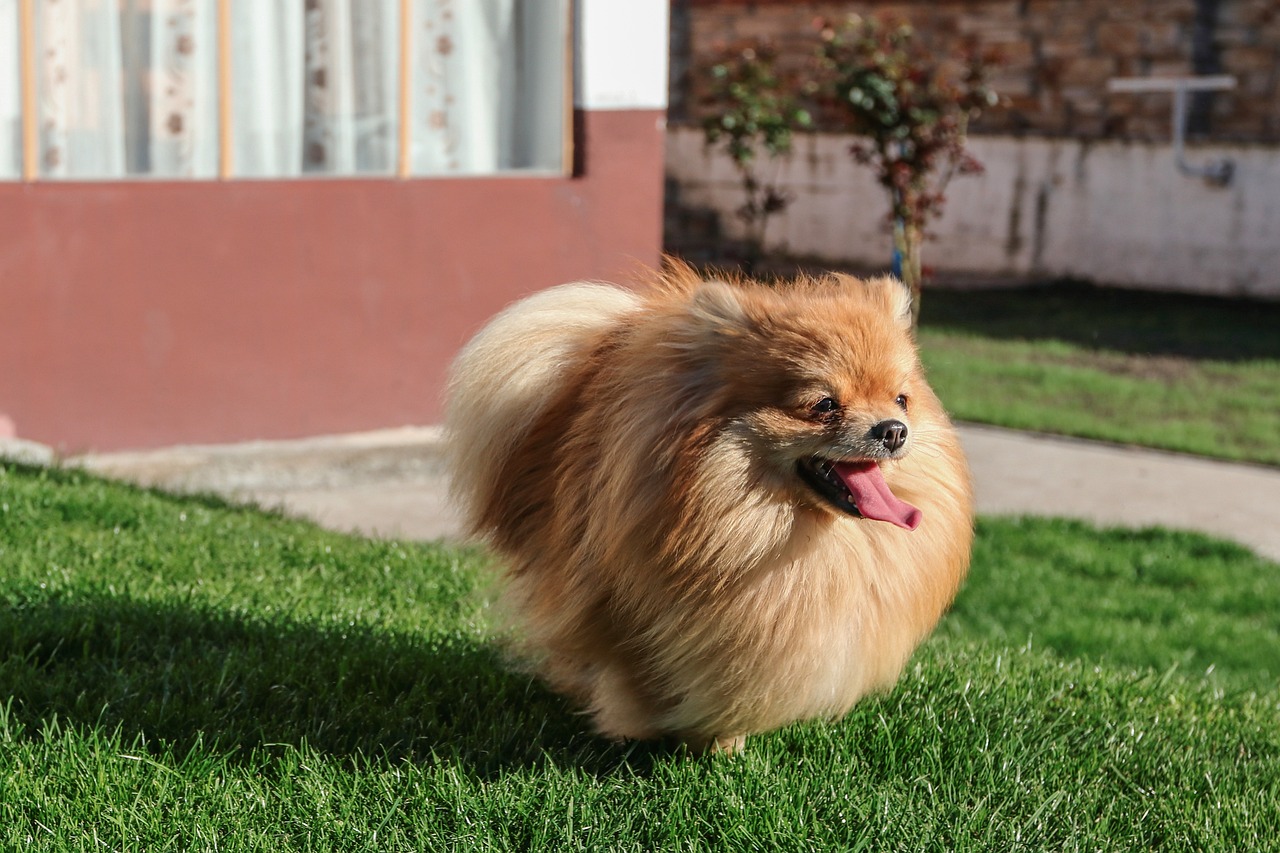
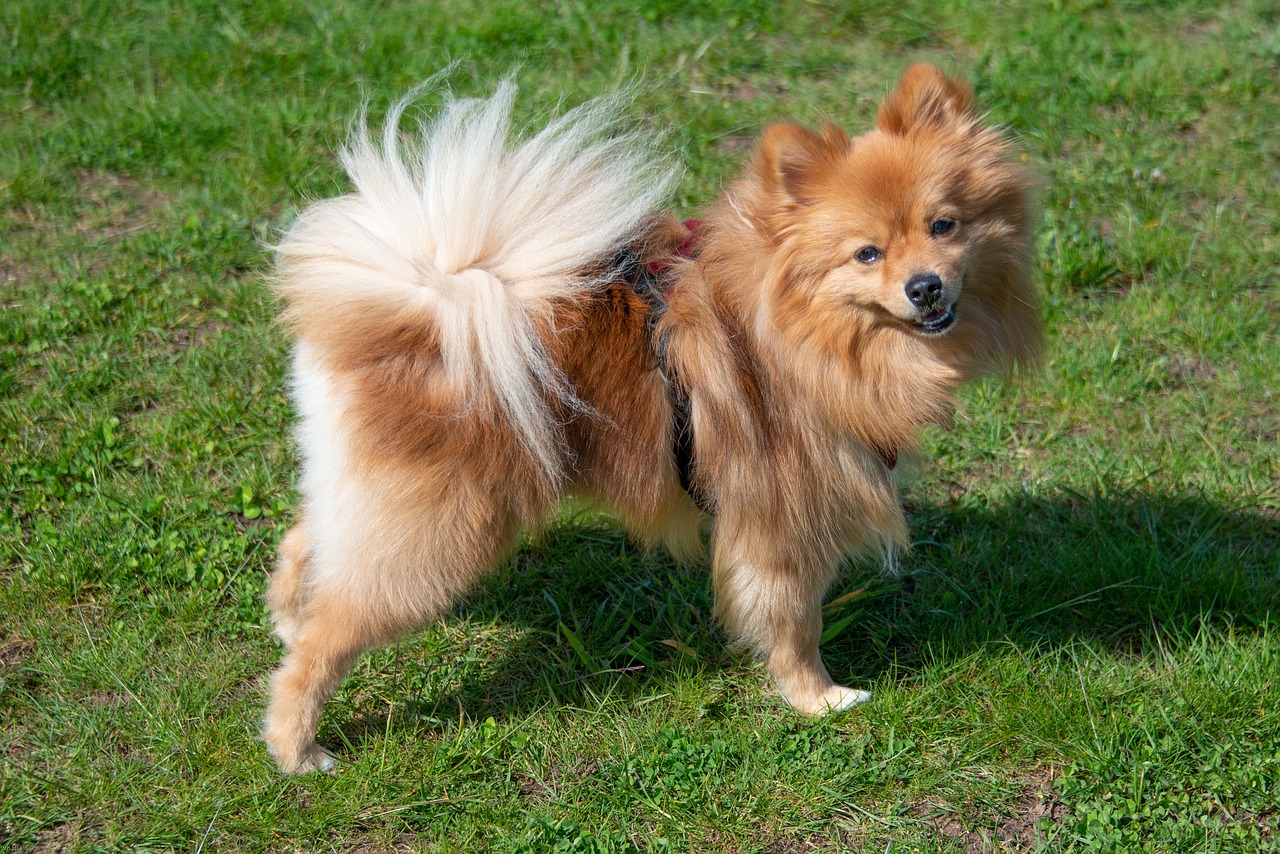
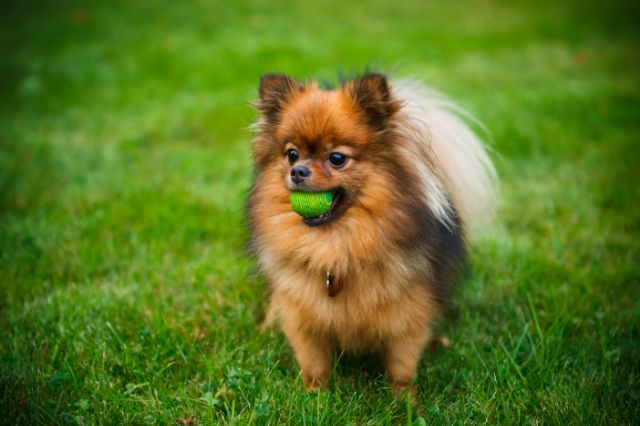


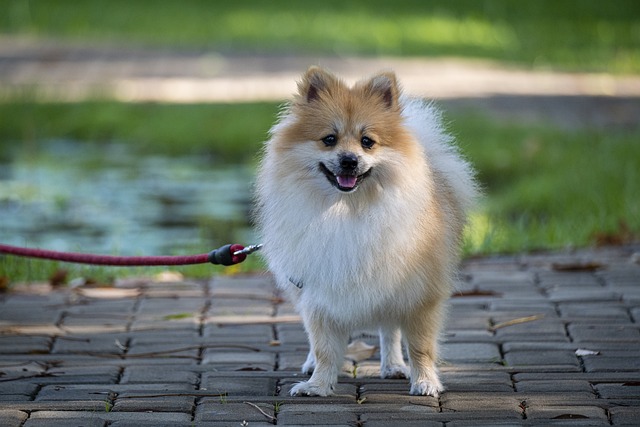



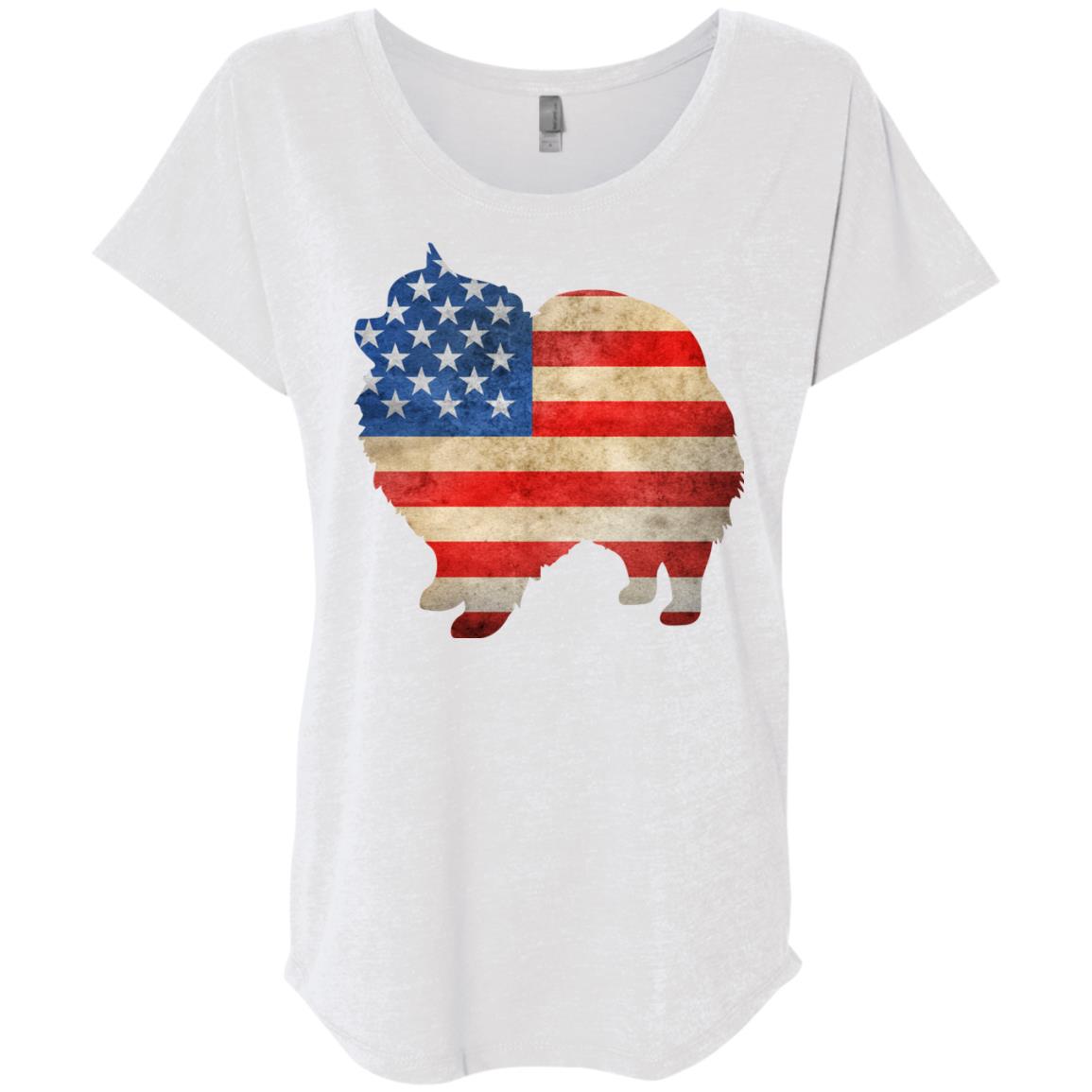

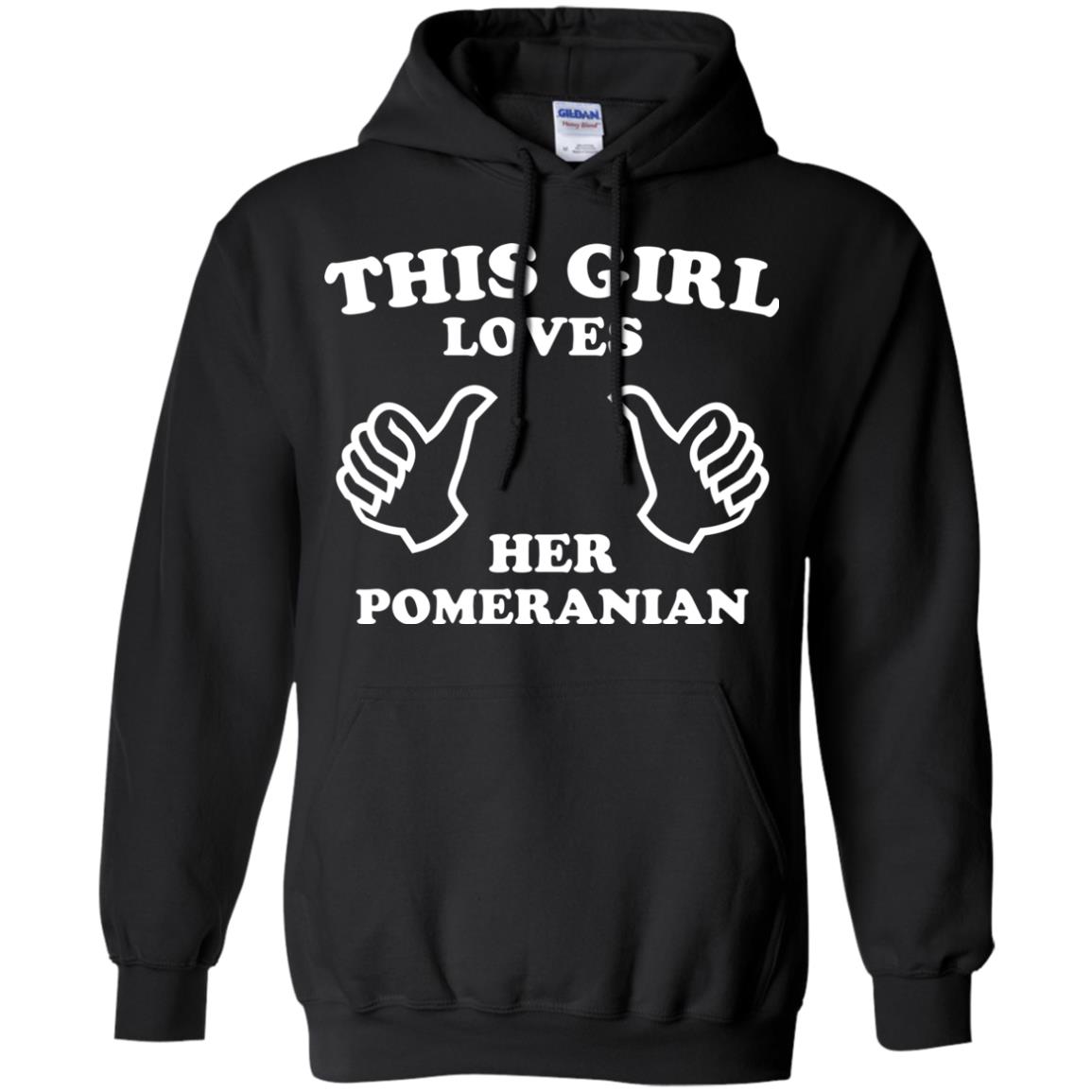
 Toledo, United States.
Toledo, United States.